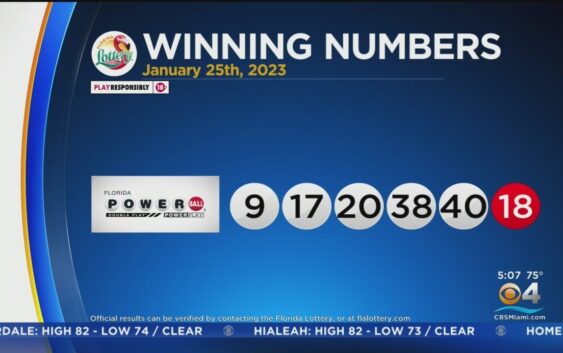- Slot Machines: Spinning Through History, Innovation, and Entertainment
- The Ever-Spinning World of Slots: A Unique Look into Their Evolution and Appeal
- The Fascinating World of Slot Machines: Luck, Technology, and Entertainment
- EmakQQ: Platform Domino QQ Online Terpercaya di Indonesia
- JepangQQ: Platform Permainan Kartu Online dengan Nuansa Modern
The Allure of the Lottery: Dreams, Chances, and Realities

The lottery has captivated the imaginations of millions around the world. From a1 lottery login scratch-off tickets to multi-million dollar draws, lotteries present a tantalizing chance to transform lives overnight. But what drives people to play the lottery, and what are the implications of this age-old gamble?
The History of Lotteries
Lotteries date back to ancient times. The earliest recorded lottery was in China during the Han Dynasty (205-187 BC), where it was believed to fund major government projects, including the Great Wall. In Europe, lotteries became popular in the 15th century, particularly in France and the Low Countries, as a means to raise funds for public projects.
By the 20th century, lotteries evolved into large-scale operations, with state governments recognizing their potential for revenue generation. Today, many countries have national lotteries, each with its own rules, formats, and prize structures.
The Psychological Appeal
The lottery’s allure stems from a combination of hope, excitement, and the dream of financial freedom. People are drawn to the prospect of winning life-changing amounts of money with a small investment. The thrill of purchasing a ticket, imagining the possibilities, and even discussing winnings with friends and family contributes to the overall experience.
The concept of “retail therapy” plays a role here, as buying a ticket can be a small indulgence that temporarily alleviates stress or boredom. Moreover, the idea of being part of a larger community, sharing in the excitement of potential winnings, enhances the social aspect of playing the lottery.
The Odds of Winning
Despite the dreams that lotteries inspire, the odds of winning substantial prizes are often astronomically low. For example, the odds of winning the Powerball jackpot are approximately 1 in 292 million. These odds raise important questions about the rationality of playing the lottery. While many players are aware of the slim chances, the potential for a life-changing windfall often outweighs the logical reasoning against it.
The Impact on Society
Lotteries have significant economic and social implications. On one hand, they provide funding for various public services, such as education, infrastructure, and healthcare. Many states allocate a portion of lottery proceeds to support schools and community projects, making lotteries a source of public funding.
On the other hand, lotteries can disproportionately affect lower-income individuals. Studies show that those with fewer financial resources tend to spend a higher percentage of their income on lottery tickets. This raises ethical concerns about whether lotteries exploit vulnerable populations and whether the potential benefits outweigh the costs.
The Role of Technology
The digital age has transformed how people engage with lotteries. Online platforms and mobile apps allow players to purchase tickets, check results, and even join syndicates to increase their chances of winning. This accessibility has broadened the player base, particularly among younger generations.
However, the rise of online lotteries also raises questions about regulation and consumer protection. Ensuring fair play and preventing gambling addiction are crucial as the lottery landscape evolves.
Conclusion
The lottery remains a fascinating aspect of modern culture, blending dreams, chance, and societal implications. While the allure of a jackpot is undeniable, it’s essential for players to approach the lottery with a balanced perspective, understanding the odds and the potential impact on their lives and communities. Ultimately, the lottery serves as a reminder of humanity’s enduring hope for a better future, even in the face of overwhelming odds.
